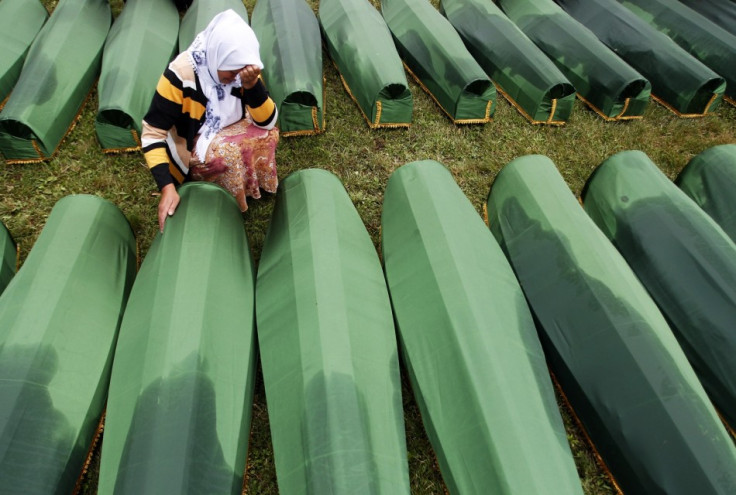Dutch State Responsible for Three Muslim Bosnian Srebrenica Deaths

The Dutch Supreme Court has held the Netherlands responsible for failing to prevent the deaths of three Bosnian Muslims during the Srebrenica genocide in July 1995, led by indicted war criminal Ratko Mladic.
The case concerned the three deaths of three Bosniak men, who were working for the Dutch force during the 1992-95 Bosnian war. The victims included the father, mother and brother of Hasan Nuhanovic, a former UN interpreter.
The case, which began 10 years ago, was brought by Nuhanovic and the other victim, Rizo Mustafic.
The Dutch force, Dutchbat, was in Srebrenica at the time of the massacre, tasked with protecting civilians in a UN safe haven. After Mladic's Bosnian Serb army entered the city on 11 July 1995, they took shelter in the UN compound at Potocari, a nearby village.
Two days later, the Dutch peacekeeping troops forced the Bosniaks out of the compound and handed them over to Bosnian Serb forces.
The District Court in The Hague in 2008 stated that the Dutch government could not be held responsible because the peacekeepers were operating under the UN mandate. The decision was quashed in 2011 by the Dutch Court of Appeal which ruled that the country's troops should not have handed the three men over to the Bosnian Serb forces.
"The (appeals) court decision is upheld," Judge Floris Bakels said, announcing a ruling which means the victims' relatives can now claim compensation from the Dutch state.
Around 7,500 Bosnian Muslim were killed in Europe's worst massacre since World War II.
© Copyright IBTimes 2025. All rights reserved.






















